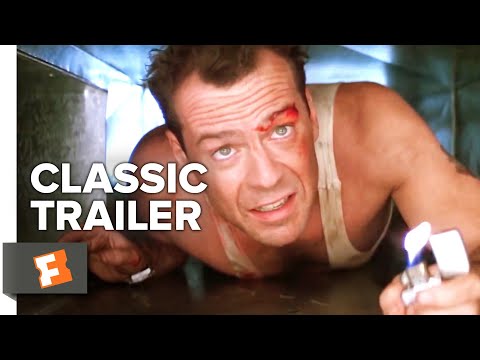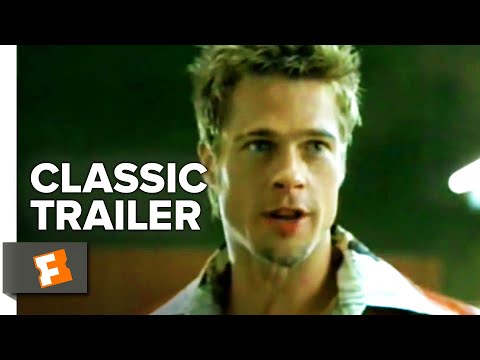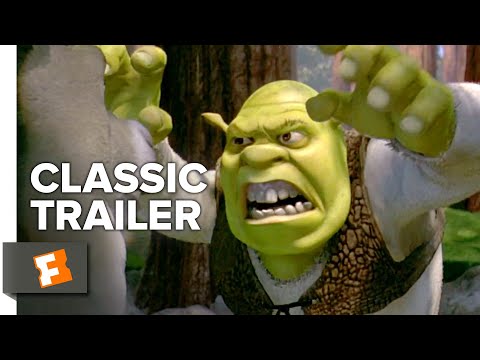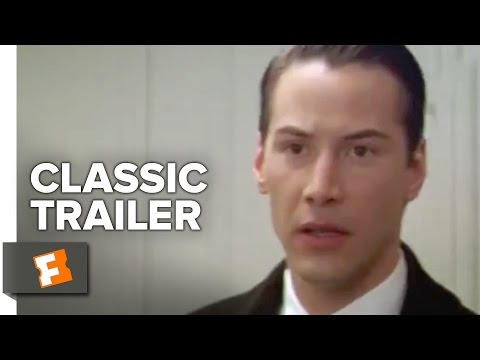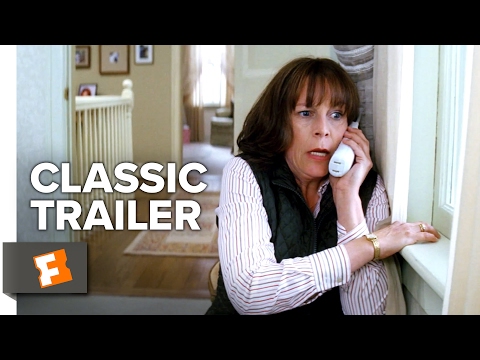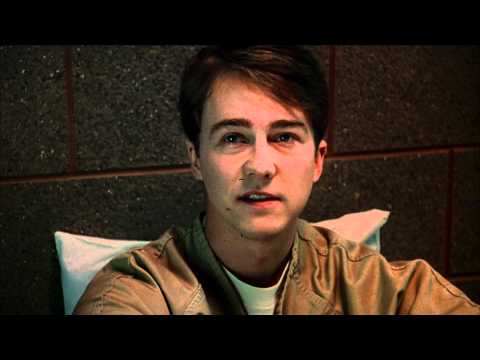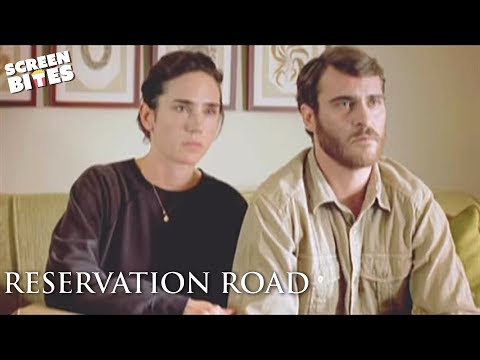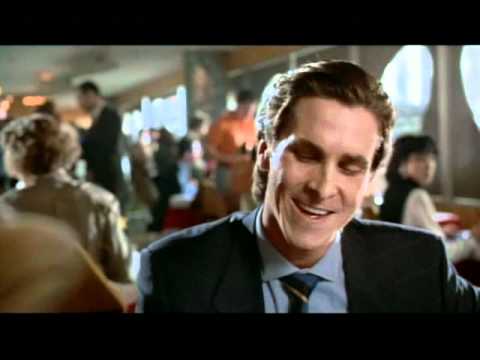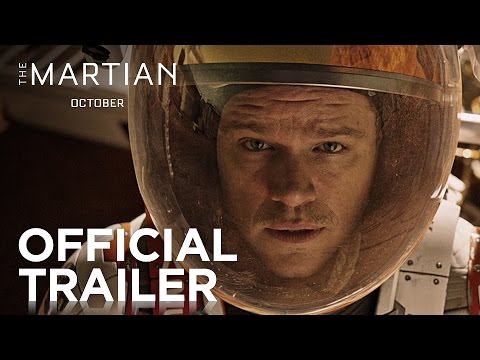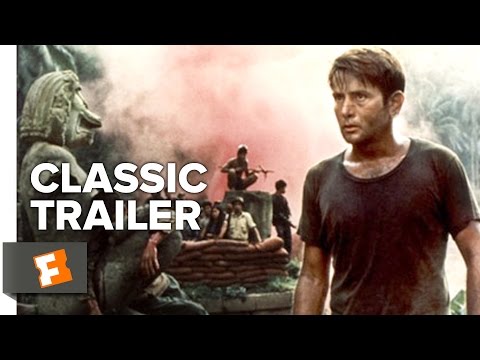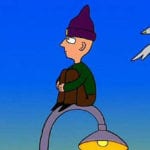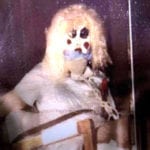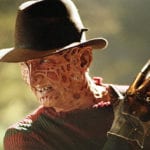There is always going to be an inevitable comparison drawn between movies and the books upon which they’re based. However, such is perhaps a fool’s errand, given that the two forms are so markedly different as to render any such comparison worthless, not to mention the fact that, as art-forms, their respective interpretation is a matter entirely subjective and thus dependent on individual perspective. The point of this list then is not one of comparison but rather revelation, for, aside from the obvious likes of Harry Potter and The Lord of the Rings, a remarkable number of outstanding movies surprisingly owe their genesis to literary works. So, while many will be familiar with most, if not all, of the movies that follow, few will know that they owe their existence to the books that preceded them. 10 Crazy Fan Theories About TV Shows And Movies
10 Die Hard (1988)
One of the quintessential action movies of all time, and one that still holds up remarkably well as an explosive piece of filmmaking more than 30 years after its release, Die Hard introduced us to the gritty NYPD detective and all-round bad boy John McClane, as played by a young Bruce Willis. Many will be familiar with this movie which birthed multiple sequels, but few realize that it is based on the 1979 book by Roderick Thorpe entitled Nothing Lasts Forever. Both film and novel share a basic plotline; that of a detective inadvertently becoming embroiled in a hostage situation, the resolution of which becomes entirely down to him alone. The differences between the two are numerous, however, specifically the fact that in the book the main character is significantly older and seemingly overwhelmed by the situation while in the movie the youthful McClane handles things with an aplomb that is the exclusive domain of Hollywood action heroes. Interestingly enough, the book was a sequel to Thorpe’s 1966 novel The Detective, which was made into a film starring Frank Sinatra two years later. Fortunately, Die Hard creators chose not to follow suit with the movie, otherwise, we would have seen a 79-year old Sinatra, rather than a 33-year old Willis, galavanting around Nakatomi Plaza, which may have detracted from the finished product somewhat.
9 Fight Club (1999)
Fight Club, based on American Author Chuck Palahniuk’s 1996 novel of the same name, remains one of Brad Pitt’s finest performances on the silver screen and the movie still enjoys a large cult following to this day. Putting aside the debate over which version is better, screenwriter Jim Uhl’s adaptation remains remarkably faithful to its source material, and rather than compete they seem to complement each other as the film attained levels of fame and recognition that Palaniuk’s book alone probably wouldn’t have achieved. The story, about a man’s descent into insanity and his battle with his split-personality self, is shockingly brilliant, whether appreciated in book or movie form. Sure, some characters are fleshed out more in the book, the ending of which is different and significantly darker to that of its movie counterpart, but both stand as exemplary examples of writing and filmmaking in their respective rights.
8 Shrek (2001)
Who would’ve thought that DreamWorks’ classic animated movie was actually based on a book? Yet it’s true; everyone’s favorite green ogre was introduced to the world not on the big screen but in the pages of William Steig’s 1990 children’s picture book, also entitled Shrek. While both movie and book follow the travails of a bad-tempered ogre as he reluctantly leaves the swamp he calls home and emerges from the resulting adventures a hero with newly acquired values and morals, the movie and its inevitable sequels expand on the concept significantly. With the added voice-acting talent of stars like Mike Myers, Eddie Murphy, and Cameron Diaz, it was always destined to achieve its much-deserved status as one of the all-time animated greats. As a curious aside, the Shrek that we know and love today could have been very different, as legendary filmmaker Steven Spielberg acquired the rights to the book shortly after its publication. Luckily, Dreamworks interceded 4 years later to claim the rights for themselves, so it all appears to have worked out for the best in the end.
7 The Devil’s Advocate (1997)
This excellent movie revolves around trial attorney Kevin Lomax, played by Keanu Reeves, who moves with his wife to New York City to accept a job offer that seems too good to be true, which it turns out, it is, seeing as his new boss is none other than Satan himself. Few will forget Al Pacino’s spectacularly vivid portrayal as the devil in this one, a performance that steals the show and ultimately overshadows the fact that the movie is based on the Andrew Neiderman novel of the same name. As we’d expect, the film and book versions are not identical, most notable in their respective endings which, while different, are equally shocking and impressive. The core concept of the novel, however, is plainly in evidence in its film adaptation; the highly relatable narrative of how subtle yet slippery the slope towards compromising one’s moral code in the pursuit of fame and fortune truly is. Anyone who’s seen the movie may have noticed that there seems to be a suggestion of Lomax’s moral descent in the color of his preferred courtroom attire. As the film progresses so his suits get ever darker until, in his final appearance whilst representing a blatantly guilty murder suspect, his suit is completely black. Like his soul, perhaps?
6 Christmas With The Kranks (2004)
Even more surprising than the fact that this light-hearted festive comedy starring Tim Allen and Jamie-Lee Curtis is based on a book, is that said book was written by no less than John Grisham, universally famous and best-selling author of countless legal thrillers. While not his sole departure from the legal genre, his 2001 book Skipping Christmas is probably the most noteworthy, and while not terrible, it surely wouldn’t have caused much of a blip on the literary radar were it not for its film adaptation 3 years later: Christmas with the Kranks. The hilarious tale centers on Nora and Luther Krank, a couple renowned for their impressive outward display of Christmas spirit, who decide to forgo the decadence of the holidays one year and to rather spend the money on a Caribbean cruise. Disaster ensues when their daughter’s unexpected change of plans to come home for the holidays causes a mad, last-minute rush to get everything ready in time. Not exactly award-winning stuff, both the book and movie are intended as a lighthearted look at family dynamics at Christmas time as well as just how commercialized the celebration has become and thus serve as no more than a bit of festive fun. Top 10 Funniest Movies Of All Time
5 Primal Fear (1996)
Going from one noted legal-thriller author to another, William Diehl’s 1993 masterpiece Primal Fear is a stunning example of his genre-defining talent. Featuring believable characters, a rollercoaster of a plot and a final, dramatic twist that few would’ve seen coming, it seems logical that, not only would a film version soon follow but it would stay largely true to the source material. The Golden Globe Winning 1996 film of the same name, starring Richard Gere as acclaimed trial attorney Marty Vail as he represents young indigent defendant Aaron Stampler, who has been accused of murdering the beloved archbishop, may not always live up to the high standard of the novel upon which it is based but proves all the same to be an immensely enjoyable film in its own right. The story provides not just a fascinating view of the workings of a criminal trial but also of the moral dilemmas faced by defense lawyers, as Vail gradually becomes convinced of Stampler’s innocence only to later have his hard-won illusions shattered most spectacularly. Much like his performance in Fight Club, Edward Norton’s excellent portrayal of Stampler in this movie, his big-screen debut, proves what an amazing actor he truly is.
4 Reservation Road (2007)
Reservation Road probably isn’t going to feature on many all-time great movie lists, but it manages to tell a story so heartbreaking and intriguing that, anyone prepared to overlook the movies various faults, will doubtless find themselves captivated by the tale. A tale that comes directly from John Burnam Shwartz’s excellent novel of the same name. The story revolves around college professor Ethan Learner as he seeks to hunt down the culprit in the hit-and-run death of his son by unwittingly enlisting the help of the very man responsible. Actors Joaquin Pheonix and Mark Ruffalo do a passable job in portraying the two lead characters, yet the emotional turmoil of one family’s loss and another man’s struggle between his conscience and his responsibilities as a father that set the novel apart don’t always translate as well on the big screen. Nevertheless, the key elements which comprise the heartwrenching story are sufficiently present in the movie so that it doesn’t entirely fall short of the mark, and, as such, is not quite as bad as the poor reviews suggest. It’s simply that Shwartz’s gripping novel, spectacularly written, was never going to be quite as impressive in movie form.
3 American Psycho (2000)
The movie American Psycho is another that has gained cult classic status since its release 20 years ago. Featuring the gruesome, graphic first-person account of an investment banker who rapes and tortures women in his spare time as he slides increasingly towards darkness and despair, the movie was released amid a swarm of controversy, much like the widely criticized 1991 novel by Bret Easton upon which it is based. So contentious was the novel’s subject matter that Easton was inundated with hate mail and death threats after its release, primarily from advocates of feminism. Told from the perspective of the protagonist; Patrick Bateman, brilliantly brought to life by Christian Bale in the movie, Easton later admitted that the book was a personal reflection of what he was going through at the time. Before you get excited, this was not an admission of guilt on his part as he later added in the murder scenes based on extensive serial killer research. Now considered one of the best horror movies of all time, it’s somewhat surprising that so much of the novel’s graphic content made it into the film adaptation. In a dramatic reversal though, the movie was written and directed by women and some now even claim it as a feminist work.
2 The Martian (2015)
On to a more recent film, The Martian thrilled sci-fi fans and space junkies alike upon its late 2015 release and the Hollywood blockbuster has since grossed over $600 million worldwide. With Matt Damon in the lead role, Ridley Scott in the director’s chair, a massive budget, and a fascinating plot, the movie was always destined to be a success. Much of this, however, can be attributed to the debut effort some 4 years earlier by author Any Weir, who’s novel The Martian inspired the subsequent film. Weir, a self-proclaimed space-nerd, created a fictional tale with such an accurate scientific basis that the ordeal of astronaut Mark Watney, stranded and forced to survive alone on Mars, comes across as thoroughly realistic and believable. In a classic case of “if it ain’t broke don’t fix it” the creators of the movie chose not to alter the story in any significant way but rather to transplant it intact onto the big screen. The result was the Golden-Globe winning box office blockbuster film which has almost entirely overshadowed its literary counterpart. Weir’s follow up novel Artemis has since proven that he’s no one-hit-wonder, and it’s surely only a matter of time before we see a movie version of that one as well.
1 Apocalypse Now (1979)
The 1979 release of the Vietnam war movie Apocolypse Now, directed by the legendary Francis Ford Coppola, represents one of the defining moments in film making history and is arguably one of the best movies ever made. Like so many silver screen successes, the film is also based on a book; in this instance Heart of Darkness by Joseph Conrad, published 77 years prior to its cinematic adaptation. Although Apocalypse Now is said to only be inspired by, and not strictly based on, the book, the similarities between the two suggest the association is somewhat closer than this claim suggests. The movie’s updated backdrop is the Vietnam war, while the book is set amid conflict in the jungles of the Congo, yet both share the same basic plotline; that of a company of soldiers in a war zone dispatched to locate and eliminate a troublesome renegade colonel named Walter Kurtz. Featuring a disturbingly accurate portrayal of the harsh realities of war and their effects on individual soldiers as the mounting horrors cause an eclipse of the soul, something referenced in both titles, there are certainly differences between the two. Yet the similarities are both significant and surprising, proof that the film was heavily influenced by Conrad’s work. Top 10 Lamest Horror Movies That Should Have Been Terrifying
